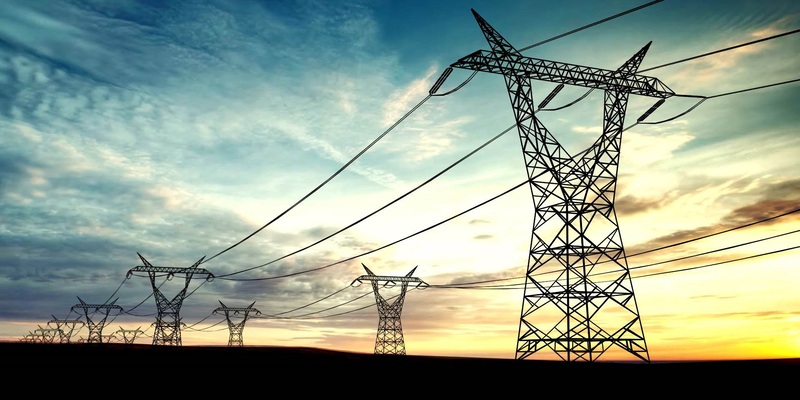Schedule a Call Back
India set for 70% surge renewables and coal electricity generation
 Industry News
Industry News- Sep 07,23

Related Stories

Concord aims to position India as a global hub for advanced railway tech
In this interview, Gaurav Lath and Nitin Jain, Jt Managing Directors of Concord Control Systems, discuss factors driving demands for India’s safe, smart, and sustainable railway solutions.
Read more
Progota Receives RDSO Clearance for Kavach 4.0, Advancing Rail Safety
With the grant of RDSO Technical Clearance, Progota has officially been approved to execute its current trial order from South Central Railway.
Read more
OMC Power aims 1 GW target, to scale up BESS deployment: Rohit Chandra
In this interview with Rakesh Rao, Rohit Chandra, MD and CEO of OMC Power, highlights the role of the distributed renewable energy sector in driving India’s energy transition.
Read moreRelated Products

Integrated Electric Gripper S Series
IBK Engineers Pvt Ltd offers a wide range of integrated electric gripper S series.

Geared Electric Motors
Delco Fans Pvt Ltd offers single phase capacitor run and three
phase geared Instrument motors, totally enclosed face/foot mounted.

“Kusam-Keco” Partial Discharge Acoustic Imager - Model - Km-pdai
‘Kusam-Meco’ has introduced a new “Partial Discharge Acoustic Imager Model KM-PDAI.















